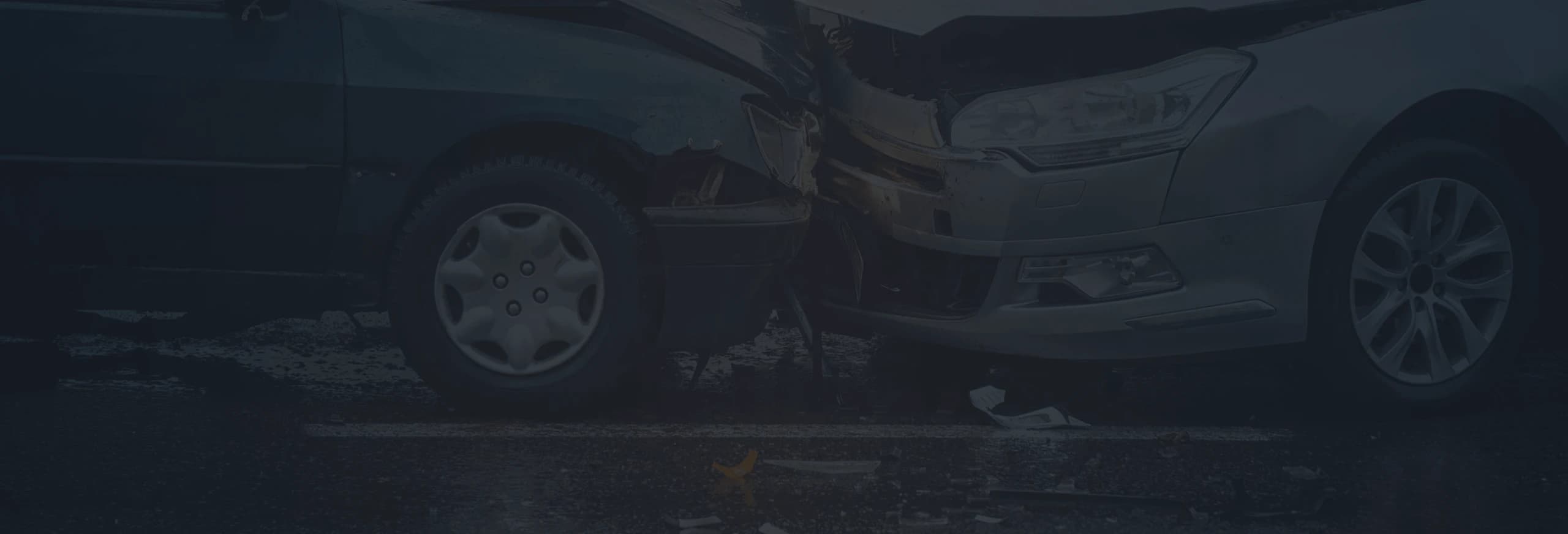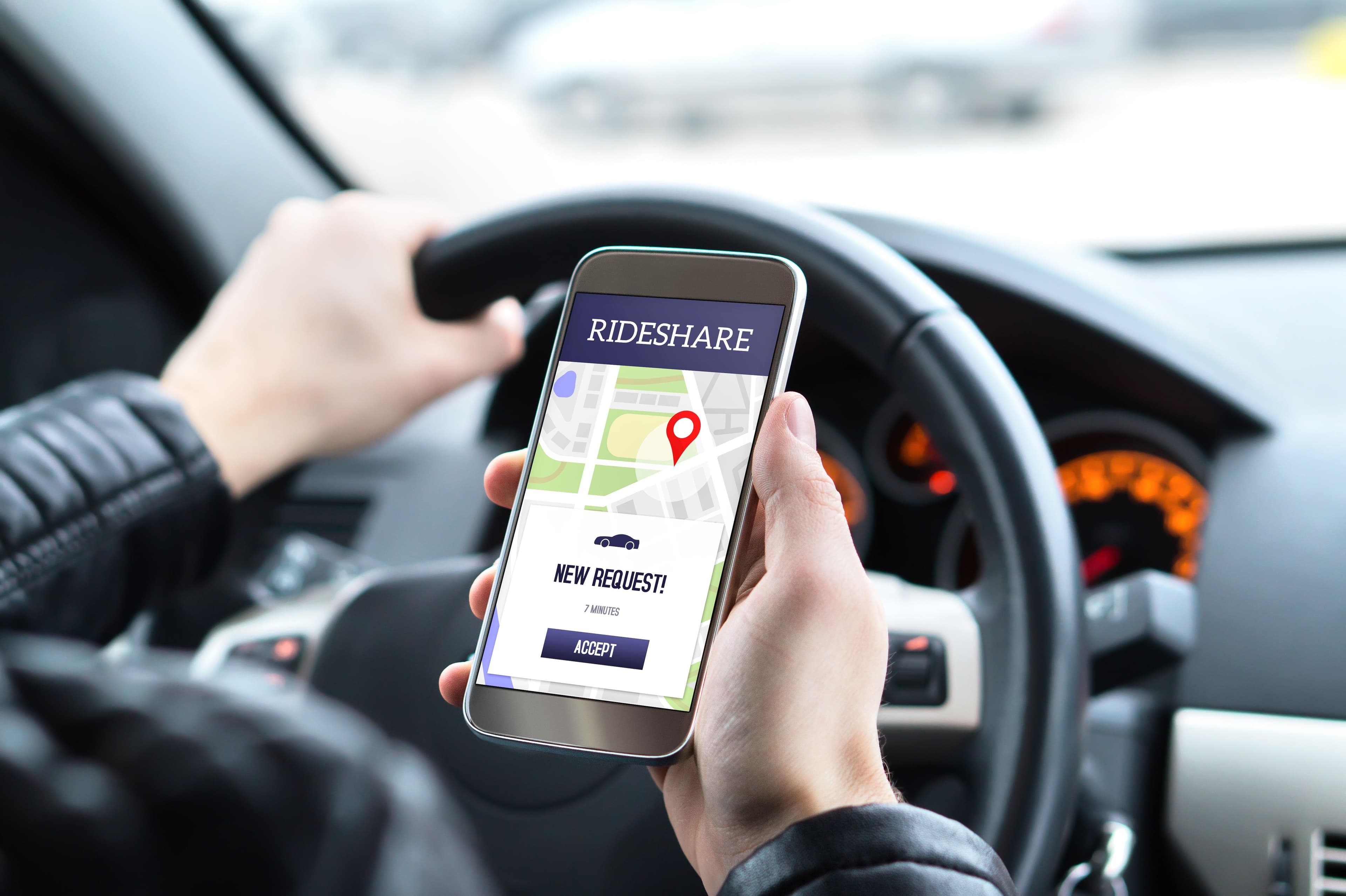
Can I Sue a Rideshare Company? Your Legal Options Explained

Rideshare services like Uber and Lyft have transformed how we travel, providing convenient transportation at our fingertips. However, incidents can occur during rides, raising serious questions about legal responsibilities and options available for victims. This article explores the various legal avenues if you need to sue a rideshare company.
Understanding the Basics of Rideshare Companies
Before going into the legal aspects, it’s essential to understand what rideshare companies are and how they operate. These platforms connect drivers with passengers primarily through mobile apps, allowing for flexible transportation options without owning a traditional taxi service. The rise of rideshare companies has revolutionized urban mobility, offering an alternative to public transportation and vehicle ownership, which can be costly and inconvenient in densely populated areas.
What is a Rideshare Company?
A rideshare company is a digital platform that connects drivers who use their personal vehicles to provide transportation services for passengers. Unlike traditional taxi services, rideshare companies typically rely on technology to manage requests, route navigation, and payments. This model has made travel more accessible and often more affordable for consumers. Additionally, rideshare services have introduced innovative features such as ride-sharing options where multiple passengers can share a ride, further reducing costs and environmental impact.
How Do Rideshare Companies Operate?
Rideshare companies operate by orchestrating various components of the ride experience through their apps. Here’s how the process generally works:
- The passenger requests a ride via the app.
- The app matches the request with nearby drivers.
- The driver accepts the request and picks up the passenger.
- Payment is processed through the app, with many options for tipping.
This seamless process makes for a quick ride; however, understanding the underlying mechanisms is important, especially when incidents arise. Rideshare companies also implement safety features, such as driver background checks, GPS tracking, and in-app emergency buttons, to enhance passenger security. Moreover, the user experience is continuously refined through feedback mechanisms, allowing both drivers and riders to rate each other, which helps maintain a level of accountability and service quality.
In addition to the basic ride-hailing service, many rideshare companies have expanded their offerings to include options like food delivery and package transport, tapping into the gig economy’s growing demand for flexible work opportunities. This diversification not only benefits consumers by providing more services under one umbrella but also allows drivers to maximize their earnings by switching between different types of jobs based on demand. As the rideshare industry continues to evolve, it faces challenges such as regulatory scrutiny, competition, and the need for sustainable practices, which are crucial for its long-term viability.
Contact our team today so we can fight to help you get the compensation you deserve.
The Legal Landscape of Rideshare Companies
When examining the possibility of suing a rideshare company, it’s important to understand the legal framework governing these services. Various regulations and laws are applicable, often influenced by the company’s business model and operational practices. Rideshare companies, such as Uber and Lyft, have transformed the transportation industry, but this innovation has also led to a complex interplay of state and federal laws that can vary from one jurisdiction to another. As such, understanding the legal landscape is essential for anyone considering legal action against these companies.
Rideshare Companies and Liability
One of the most complex aspects of suing a rideshare company involves liability. Generally, rideshare companies may bear some liability for the actions of their drivers while they are on duty. However, this liability may not be absolute and can depend on numerous factors, such as whether the driver was engaged in a ride at the time of an accident. Additionally, the classification of drivers as independent contractors rather than employees complicates matters further. This distinction can shield rideshare companies from certain liabilities, so victims that may need to sue a rideshare company should understand the legal definitions and implications surrounding employment status.
As such, victims will need to prove either the driver’s negligence or the company’s fault in managing the incident. This complexity can make pursuing legal action more complicated and burdensome than one may assume. Factors such as driver training, background checks, and the company’s response to complaints can all play a role in establishing liability. Furthermore, the evolving nature of rideshare regulations means that changes to legal precedents are ongoing, which can impact the outcomes of similar cases in the future.
The Role of Insurance in Rideshare Accidents
Insurance involvement is required in the aftermath of a rideshare accident. Rideshare companies maintain insurance policies that provide coverage during specific periods: when the app is on and a rider is matched, while a driver is en route to pick up a passenger, and during the ride itself. This layered insurance structure is designed to protect both drivers and passengers, but it can also lead to confusion about who is responsible for covering damages in the event of an accident.
This structure means that victims may have several avenues for compensation, ranging from the driver’s personal insurance to the rideshare company’s insurance plan. However, understanding the complicated terms of these coverages requires careful legal guidance. Each policy may have different limits and exclusions, and navigating them can be intimidating for those unfamiliar with insurance law. Moreover, in some cases, rideshare companies may attempt to minimize their liability by disputing claims or arguing that the driver was not acting within the scope of their duties at the time of the incident. Therefore, victims are often advised to consult with legal professionals who specialize in rideshare accidents to ensure they receive the compensation they deserve.
Grounds for Suing a Rideshare Company
Several grounds exist for pursuing a lawsuit against a rideshare company, primarily stemming from personal injury claims and property damage claims in the event of an accident.
Personal Injury Claims
If you sustain injuries in a rideshare-related incident, you may have the right to sue a rideshare company by filing a personal injury claim. Such claims may encompass medical expenses, lost wages, and pain and suffering. To be successful, you’ll need to demonstrate that the driver was negligent, contributing to the injuries sustained.
Consulting with an attorney experienced in rideshare accidents is advisable, as they will ensure that you gather the necessary evidence to support your case, including medical records and witness statements.
Property Damage Claims
Property damage claims are another significant area where victims may sue a rideshare company to seek compensation. If your vehicle, belongings, or property is damaged as a result of a rideshare accident, pursuing a property damage claim could lead to recovering repair costs or the value of destroyed items.
This process typically involves providing evidence of the damage alongside estimates or receipts for repairs and or replacements, underscoring the importance of documenting the incident thoroughly.
Free Consultation 24/7, call (844) 343-9609
The Process of Suing a Rideshare Company
Understanding the steps to the process of suing a rideshare company can make a significant difference in the outcome. It’s essential to approach the situation methodically and with the right support.
Steps to Take Immediately After an Incident
After an accident involving a rideshare vehicle, there are crucial steps you should follow:
- Ensure your safety and the safety of others.
- Seek medical attention if needed.
- Gather evidence, such as photos,video surveillance evidence, and witness information.
- Report the incident to local authorities and the rideshare company.
Taking these steps can establish a solid foundation for any potential legal claims you might file later.
Working with a Lawyer
Engaging a lawyer experienced in personal injury and rideshare cases can help your chances of securing compensation. Legal experts can guide you through the complexities of state laws, the intricacies of rideshare regulations, and negotiate with insurance companies on your behalf.
As each case is unique, having professional legal representation can provide strategic insights tailored to your circumstances, ensuring that your rights are protected throughout the process.
Call (844) 343-9609
Potential Challenges in Suing a Rideshare Company
Despite the legal options available, several challenges may arise when attempting to sue a rideshare company.
Independent Contractor Status of Drivers
One significant hurdle is the independent contractor status of rideshare drivers. This classification often shields companies from liability as the drivers are not considered employees. Consequently, proving negligence becomes more challenging as you may need to demonstrate that the company is responsible for the driver’s actions.
This legal component often requires a thorough understanding of labor laws and the relevant agreements drivers enter with rideshare companies, indicating the need for expert guidance.
Arbitration Clauses in User Agreements
Another challenge lies in the arbitration clauses frequently found in rideshare app user agreements. These clauses generally require disputes to be settled through arbitration rather than in court, often limiting recourse options for people seeking justice. Being bound by such terms can complicate the decision to sue a rideshare company and may require alternative legal strategies to consider.
While it is possible to sue a rideshare company under certain circumstances, several factors must be taken into account. Being informed about the legal landscape, grounds for claims, and potential challenges is vital for any victim looking to navigate this complex process.
For a free consultation, call (844) 343-9609
Blog Posts:

The Role of Expert Witnesses in Injury Litigation
Why Expert Witnesses Matter in Personal Injury Cases In personal injury litigation, facts alone are often not enough. While evidence like medical records, photographs, and witness statements paint part of the picture, juries and insurance companies frequently need context and explanation to understand the full scope of an injury and its impact. This is where expert witnesses play a pivotal role. Expert witnesses are professionals—often doctors, engineers, economists, or accident reconstruction specialists—who provide testimony based on their specialized knowledge. Their objective is not to advocate for one side but to clarify complex issues that require professional interpretation. In many cases, their opinions help bridge the gap between evidence and understanding, making them critical to achieving fair compensation.

How Insurance Companies Evaluate Injury Claims
How the Evaluation Process Really Works When you file a personal injury claim, the insurance company begins a process that is anything but simple. Behind every offer or denial, there's a calculated evaluation designed to protect their bottom line. Insurers use data-driven methods, past claim outcomes, and internal guidelines to assess how much—if anything—they believe your case is worth. The goal of the insurance adjuster is straightforward: to settle your claim for as little as possible while closing the file quickly. They'll review your medical records, accident details, and even statements you've made to determine liability and damages. The more organized and detailed your claim presentation, the harder it is for them to undervalue it.

The Dangers of Handling a Personal Injury Case Without Legal Help
Understanding What's at Stake After an accident, it's natural to want to resolve things quickly. Medical bills begin piling up, your work may be disrupted, and insurance adjusters often seem eager to "help." Many people believe they can handle their personal injury claim on their own—especially if the situation seems straightforward. But personal injury law is complex, and even minor missteps can lead to significant financial loss. Without professional guidance, you may underestimate your claim's value, miss critical deadlines, or make statements that insurers later use against you. The legal process is designed to protect both sides, and insurance companies have experienced professionals working to limit payouts. Without an equally skilled advocate on your side, you're at a clear disadvantage. That's why consulting a personal injury lawyer early in the process is often the difference between fair compensation and a costly mistake.

When Should You Switch to a Different Injury Lawyer?
Knowing When It's Time for a Change Choosing the right attorney after an accident is one of the most important decisions you'll make in your recovery journey. However, not every lawyer-client relationship is a perfect fit. Sometimes, despite your best efforts, you may realize that your current representation isn't meeting your expectations. Whether it's poor communication, lack of progress, or a sense that your case isn't being handled effectively, recognizing when to switch attorneys can make all the difference in the outcome of your claim. Switching to a new personal injury lawyer doesn't mean starting over from scratch—it means taking control of your case and ensuring it receives the attention and effort it deserves. Understanding what to expect from your legal representation can help you identify the warning signs that it might be time for a change.
Get an agent on the line in seconds
Responsive
Legal Assistance
Our personal injury attorneys advocate for the funds necessary to cover bills, secure medical treatment, recoup lost wages, and provide compensation for your pain and suffering.
Are you facing unfair treatment from the insurance company?
Do you know the value of your case?
Is the insurance company asserting that the accident is your responsibility?

We'll get back to you ASAP.
Get Your Free Consultation
You Pay Nothing Unless We Recover Compensation For You
